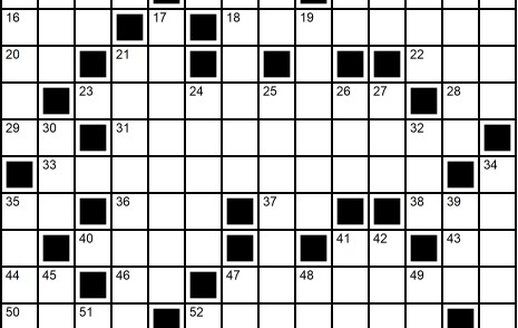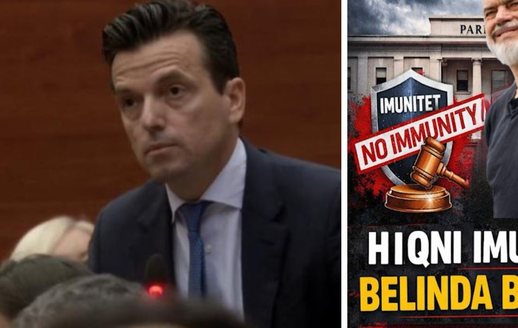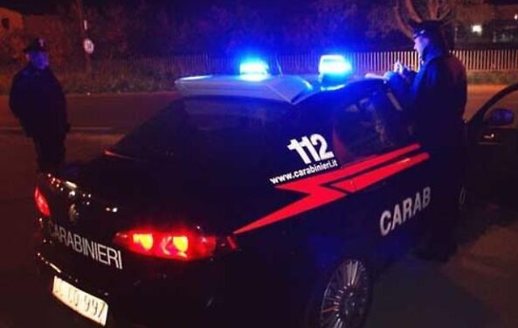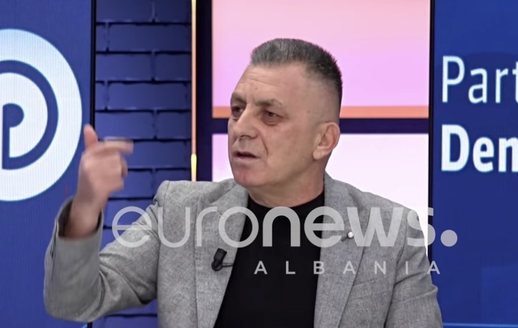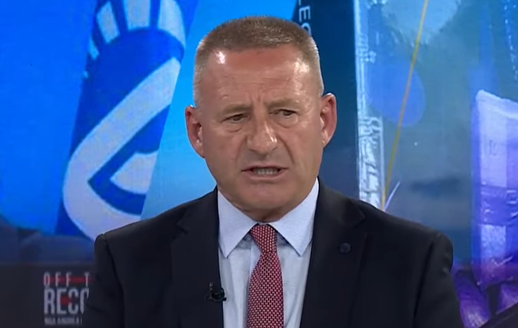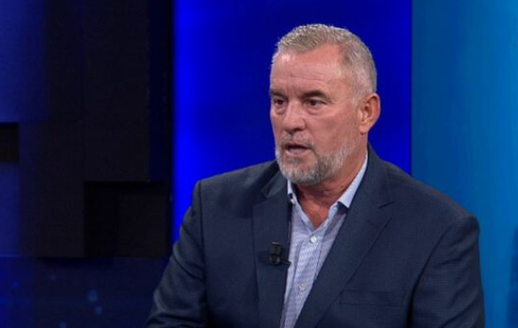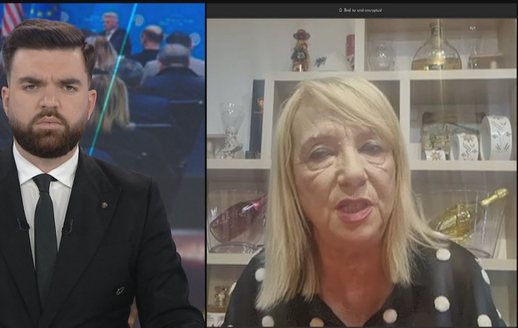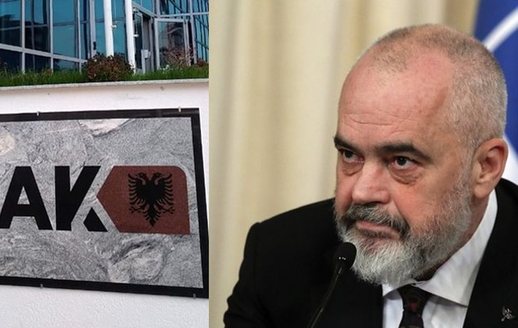
Albanian drug trafficker, photographed with £250,000 cash, allowed to stay in the UK


A convicted Albanian drug trafficker who took a picture of himself surrounded by £250,000 in cash has been allowed to stay in the UK, The Telegraph reports .
The Home Office and the National Crime Agency (NCA) are seeking the deportation of Olsi Behluli, 33, who was sentenced to 11 years in prison for his "senior" role in a heroin trafficking ring.
Behluli, who came to Britain when he was nine, is accused of fraudulently obtaining British citizenship by denying involvement in crime on his naturalization application form. Just eight months after gaining citizenship, he was arrested carrying eight kilograms of high-purity heroin worth around £200,000 on the road to a “storage house” in Neasden.
False identity documents and drug scales were found at the scene. During raids in north-west London in 2015, the NCA found a photo on Beheluli's iPhone showing him surrounded by £250,000 in cash. He was convicted at Blackfriars Crown Court of conspiracy to supply class A drugs and sentenced to 11 years in prison on 1 April 2015.
The Home Office and the NCA also argued that only a person of high rank and a long criminal history would be entrusted with such a large quantity of drugs. However, a judge at the lower court rejected this argument, as there was no surveillance evidence or witnesses. For this reason, Beheluli's appeal against deportation was allowed.
The Home Office appealed further, and a high court judge ordered a re-trial, ruling that the lack of evidence to prove the previous crime was not sufficient to overturn the Secretary of State’s “reasonable” reasoning. The case, revealed in court documents, is the latest example uncovered by The Telegraph where illegal immigrants or foreign convicted criminals have managed to stay in the UK or avoid deportation.
Ministers are proposing to raise the threshold to make it harder for judges to grant them leave to remain under Article 8 of the European Convention on Human Rights (ECHR), which protects the right to family life, and Article 3, which protects against torture and inhuman or degrading treatment. Beheluli’s father sought asylum after the family arrived in the UK on 22 November 2000. Their applications were rejected, but in 2006 they were granted discretionary leave to remain, which was then “strangely, almost simultaneously” converted into permanent leave to remain.
There is no indication that Beheluli's father was involved in any wrongdoing. Eight years later, in April 2014, Beheluli was granted British citizenship. But eight months later, on 7 October 2014, he was caught with £200,000 worth of heroin and arrested for drug-related offences. The Home Office is seeking his deportation, arguing that he misled officials by stating on his citizenship application that he had nothing to show for his character.
Officials argued that the quantity of drugs showed he must have played a significant role in the supply of heroin, having been entrusted with more than eight kilograms of high-purity heroin with a street value of over £200,000. The Home Office also said it was "incredible" to accept that he was new to the drug trade and that his arrest was his first time engaging in such activities.
“It is beyond logic to accept that he would have been entrusted with such a quantity of drugs if he was not already involved in the supply of class A drugs,” they told the court.
However, the lower court ruled that there was insufficient evidence to reach this conclusion.
“There is, for example, no surveillance or other evidence from the NCA, nor any evidence from a police officer, to support the suggestion that only a senior and trusted member of a criminal group would be entrusted with such a quantity of drugs. There was no convincing evidence to show that the appellant was involved in the crime at the time he claimed there was nothing wrong with his character,” the Tribunal said.
But the high tribunal rejected these arguments and ordered a re-trial, ruling that the lack of physical evidence did not constitute a full and irrefutable answer to the Secretary of State's reasonable view.
“Whether or not there was a statement from a police officer, or further evidence from the NCA, that view deserved respect and could support the Secretary of State’s reasonable position,” he said.
-
Gonzato: Over 6 million euros in EU grants invested in Berat
June 19, 22:02 -
Happening now...

83 mandates are not immunity for Rama's friends
ideas
top
Alfa recipes
TRENDING 
services
- POLICE129
- STREET POLICE126
- AMBULANCE112
- FIREFIGHTER128


